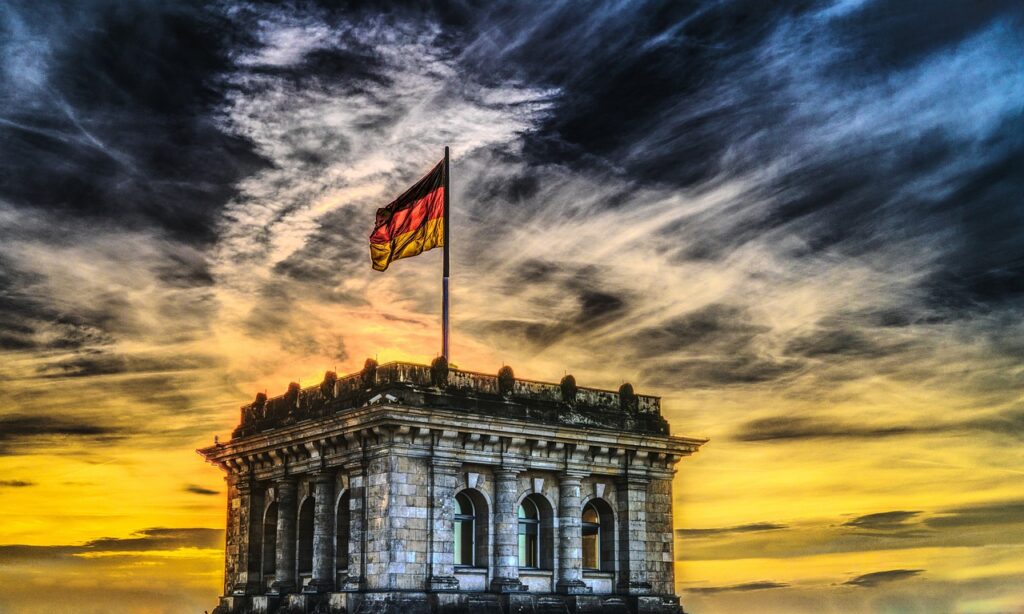
Nestled in the cultural heart of Europe, German universities are not just educational institutions; they are grand epicenters of knowledge and innovation that attract minds from across the globe. Renowned for their rigorous academic standards and historical depth, these universities are keystones in the arch of global higher education.
Historical Legacy and Cultural Impact
The roots of German higher education stretch deep into history, reaching back to the Middle Ages. Universities like Heidelberg, founded in 1386, and Leipzig, established in 1409, have been pivotal in shaping European intellectual life for centuries. These institutions were among the first to foster a spirit of inquiry and freedom of thought that later paved the way for pivotal movements such as the Enlightenment and the scientific revolution.
A Nexus of Cultures
Today, German campuses are vibrant with cultural diversity, with students and faculty from various nationalities contributing to an enriching academic environment. This diversity not only enhances the learning experience through a plethora of perspectives but also fosters a unique blend of ideas that often leads to groundbreaking innovations.
Strengthening Global Connections
German universities are at the forefront of international academic collaboration. They maintain extensive partnerships with some of the world’s leading institutions, facilitating vibrant exchange programs, joint research initiatives, and shared academic conferences. These partnerships underscore Germany’s commitment to fostering global dialogue and cross-cultural understanding.
A Welcome Mat for International Students
With numerous programs offered in English and welcoming policies for international scholars, German universities have positioned themselves as attractive destinations for students worldwide. The blend of high-quality education, rich cultural experiences, and extensive research opportunities draw over 300,000 international students each year, eager to partake in Germany’s esteemed academic offerings.
Prominent Alumni and Global Influence
The alumni of German universities are a testament to the system’s global impact, with many making significant contributions in fields ranging from physics and philosophy to economics and the arts. Figures such as Angela Merkel, Max Planck, and Karl Marx are just a few who have taken their education in Germany to leave lasting legacies worldwide.
Future-Oriented Innovations
German universities are continually pushing the boundaries of education and research. They are leaders in developing digital education platforms and integrating sustainability into their curricula, preparing students to tackle some of the world’s most pressing challenges. With a strong emphasis on research and development, these institutions are at the cutting edge of technological and scientific inquiry.
From their medieval origins to the modern era, German universities have built a legacy of comprehensive education, innovative research, and global impact. They not only mold scholars and professionals but also shape the thinkers and leaders who drive global change. As they continue to evolve and adapt to the new challenges of the 21st century, their role in shaping an interconnected and informed world remains more crucial than ever.
This expanded version aims to provide a detailed and engaging exploration of German universities’ historical significance, cultural impact, and contributions to global academia, effectively capturing the essence of their enduring influence.
Related articles:
Germany’s Innovative Education
List of Universities in Germany
German Dual Vocational Training System
Education in Germany
Elementary and Primary Education in Germany
Secondary Education in Germany
Vocational Education and Training in Germany







